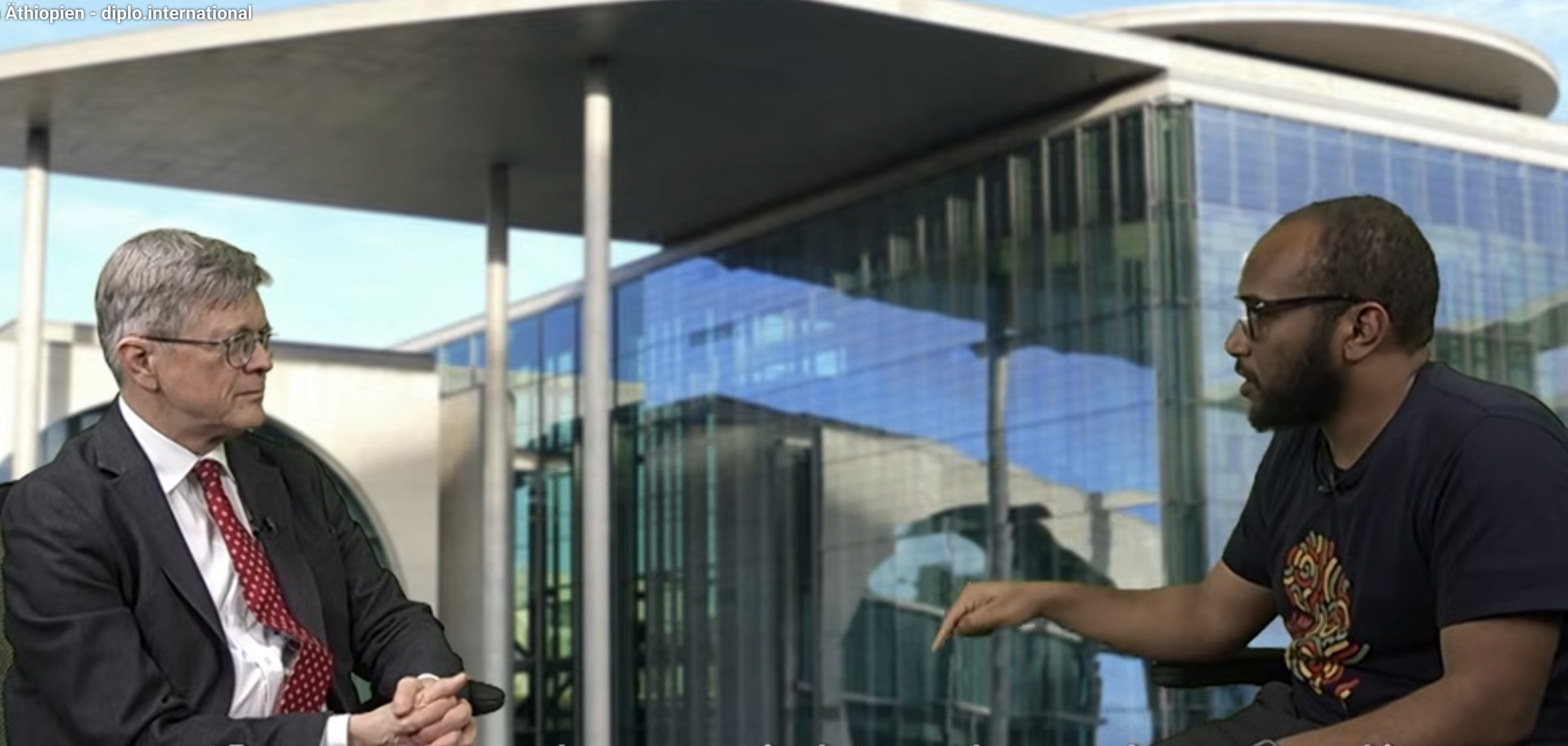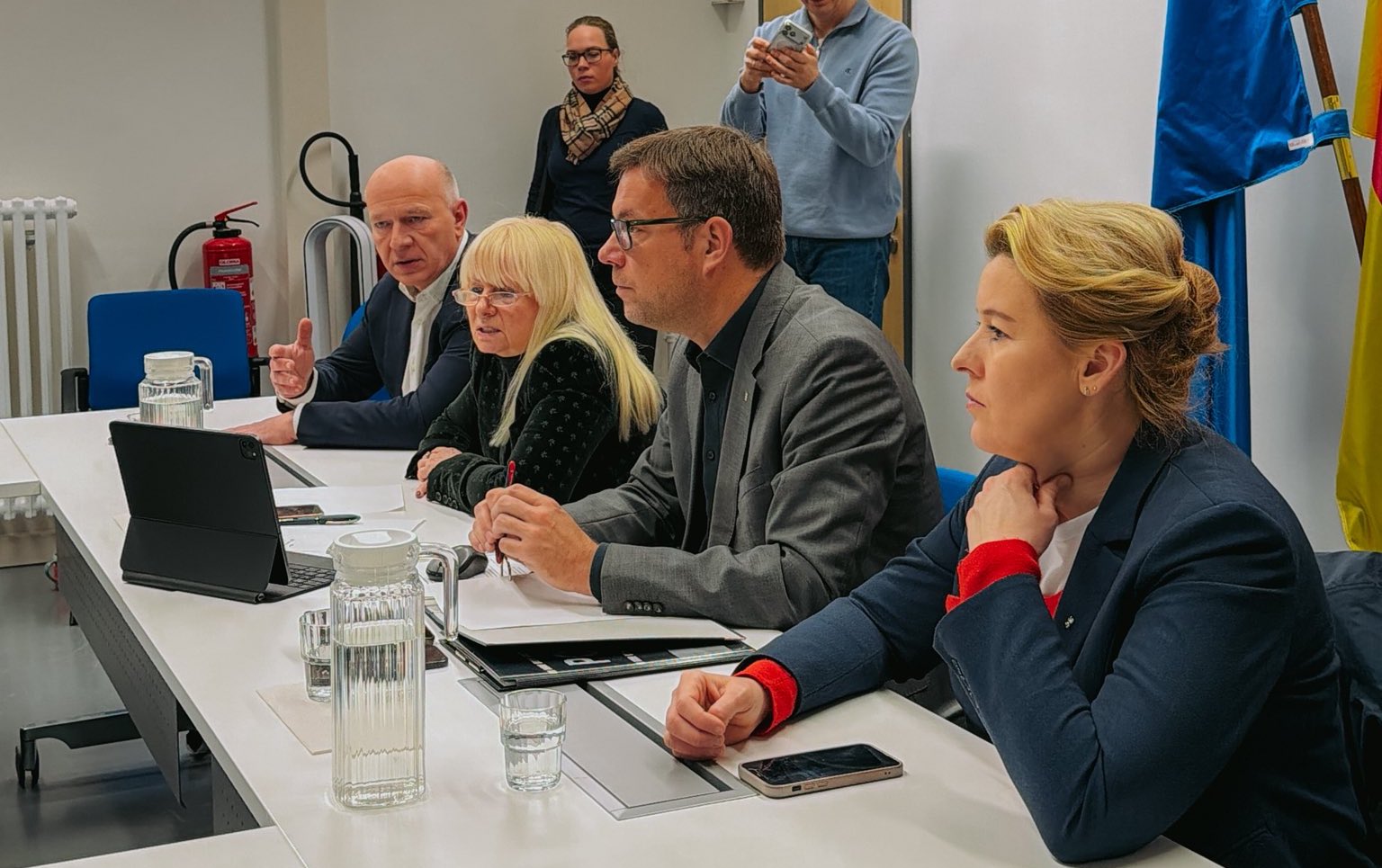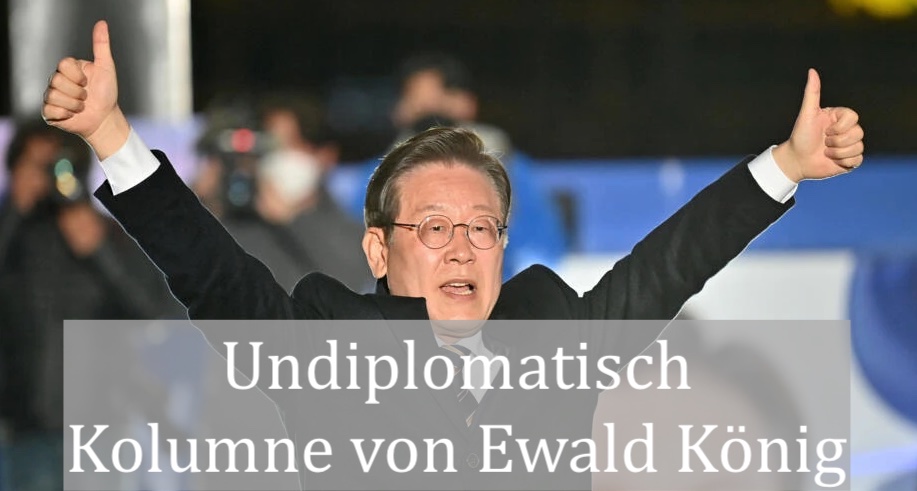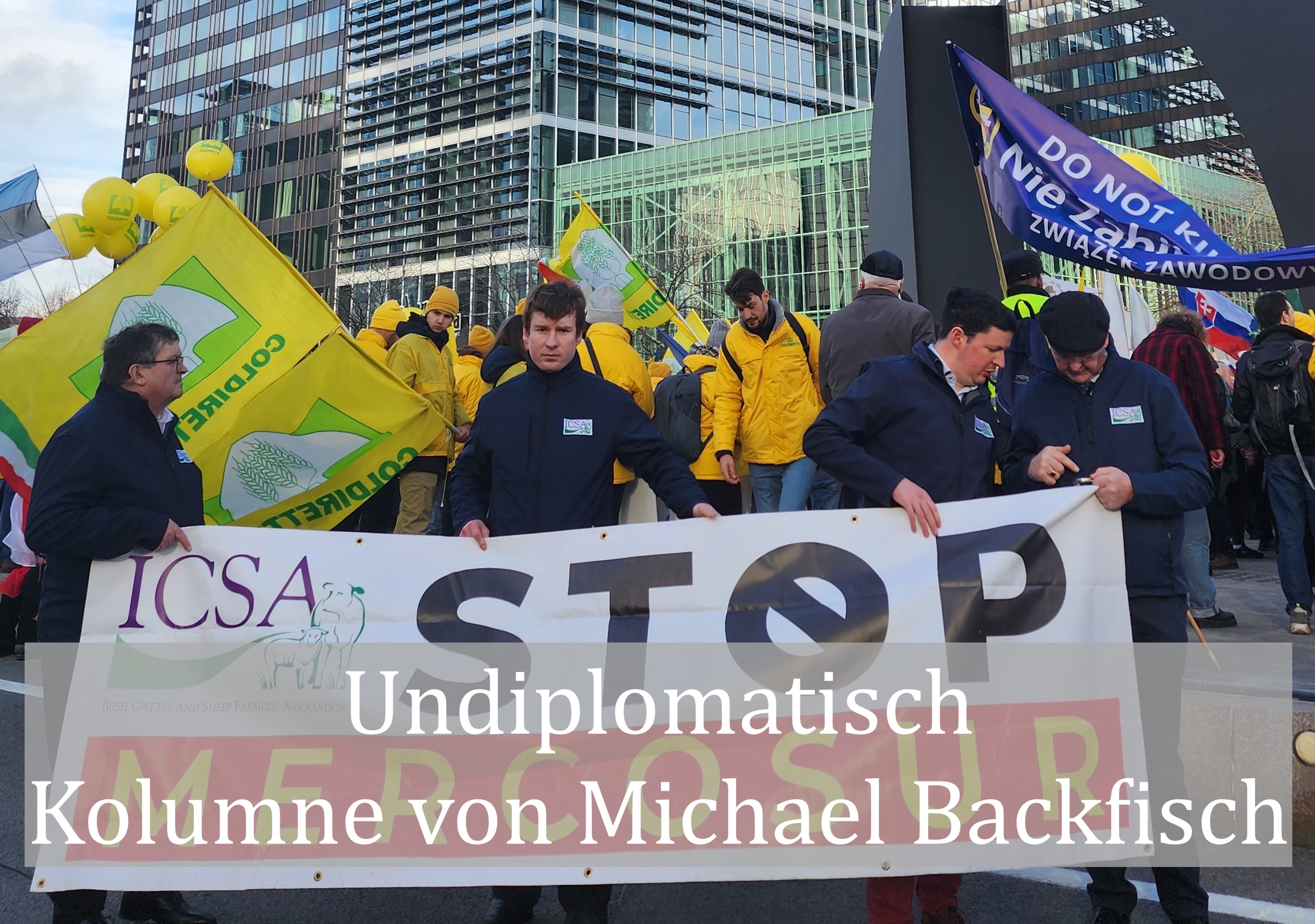diplo.news
Nobel Peace Prize for Donald Trump - more than just a crazy idea?
Michael Backfisch, Berlin

With a good dose of polemics, you could ask the question: Is this man still in his right mind? Israel's Prime Minister Benjamin Netanyahu has nominated US President Donald Trump for the Nobel Peace Prize in all seriousness. Trump is “building peace in this moment, in one country, in one region after another,” Netanyahu said on Monday at the start of a joint dinner at the White House. The Israeli's intention is obvious. He wants to caress Trump's ego and appease him. Who knows when the next major military strike in the Middle East will come?
But let's be fair and ask: did Trump at least gotten things moving in the major conflicts in international politics - the Ukraine war and the tensions surrounding Gaza and Iran? In the case of Ukraine, he was initially the victim of his own bragging. He had announced during the presidential election campaign that he could “end the war within 24 hours.” He later downplayed the remark with the sentence that he was “a bit sarcastic.” After all, he took the initiative after his inauguration in January. In spring, he exerted strong pressure on Ukraine and Russia to agree to a 30-day unconditional ceasefire - and enticed both countries with lucrative economic relations after the end of the war. Failure to do so threatened sanctions. It seemed that Trump's carrot-and-stick approach got things moving.
Trump's special envoy Steve Witkoff met separately with representatives of the two countries in Saudi Arabia. Ukraine agreed to a cease fire. Russia proceeded according to the radio-Yerevan principle: “Yes, but.” Moscow agreed to keep its weapons silent if the “causes of the conflict” were eliminated. In other words: disarmament of Ukraine down to a minimum, no NATO membership, pro-Kremlin government in Kiev, rollback of NATO's eastward expansion that began in 1999. The Russian representatives displayed the same birds-eat-or-die attitude during bilateral talks with Ukrainian emissaries in Istanbul. Kiev rejected this as unconditional surrender.
The US president made the mistake of trying to end the Ukraine war with a transactional policy. He was not concerned with democratic values or international law. Trump was looking for short-term benefits for himself and his country. In doing so, he had the illusion that he had a direct connection to Russian President Vladimir Putin and that he could resolve world conflicts via short official channels, so to speak. But Putin masterfully knew how to flatter Trump in several phone calls, to feign a willingness to set a cease fire without making concessions of a millimetre on the matter.
Trump's diplomacy also has a design flaw: The American does not see himself as an honest broker who equally baits and harasses both parties to the conflict. Trump instead pursued an asymmetrical approach with much sympathy for Putin and vehement pressure on Ukrainian head of state Volodymyr Zelensky. Putin, who knows all the tricks, has let Trump run into the void. This now seems to be dawning on the US President as well. “Putin is telling us a lot of nonsense,” Trump admitted on Tuesday. “He's really nice all the time, but it turns out to be meaningless.” A very, very late discovery for the supposedly most powerful man in the world.
Almost a week after the announced halt to the already promised supply of armaments to Ukraine, Trump is now turning 180 degrees: In view of the brutal bombardments by the Russians, he stressed that he wanted to send additional defensive weapons. But it remains the case: Trump has no concept in the Ukraine war. He acts as a person driven by emotional impulses.
In the Middle East, the balance sheet is more complicated. The use of bunker-busting US bombs on three Iranian nuclear facilities creates two camps on the international stage: some say that the threat of an Iranian atomic bomb has been averted for at least a certain period of time. The others criticize a blatant breach of international law. However, the massive demonstration of military power by the USA and Israel offers the opportunity that the mullah regime will now agree to watertight controls and demonstrably bury the option to develop nuclear weapons. If Trump succeeded in getting Iran to make such an agreement, it would be a breakthrough that would also be registered with the Nobel Prize Committee in Oslo. The head of the White House actually wants an agreement. His special envoy Witkoff was close to a negotiated settlement before the air strikes. However, Trump would have to bring Israel's Prime Minister Benjamin Netanyahu on board, who distrusts written promises from the mullahs. In the past, however, Trump was more likely to follow Netanyahu than vice versa.
The US President has also been promising for months to broker a “deal” between Israel and Hamas in the Gaza war - so far without success. Even if he could achieve a 60-day cease fire between the parties to the conflict in exchange for the release of the hostages, it is more than questionable whether such a compromise would hold. Trump has indeed refrained from his chimera of taking over the Gaza Strip and turning it into a “Middle East Riviera.” But to win over the Arab states for a Gaza agreement, he would have to present a vision for a two-state solution between Israelis and Palestinians. Netanyahu, in turn, is unlikely to allow this, at least now: his far-right coalition partners want to cover the Gaza Strip with Jewish settlements. The perfidious plan is to make living conditions in the bombed-out coastal enclave so miserable that the Palestinians will “voluntarily” move to Arab countries.
In principle, there are only two options: Either Trump fails - as did many of his predecessors. Or he succeeds in a Herculean act that would bring more stability to the Middle East. Such a royal deal could look like this: political survivalist Netanyahu manages to get rid of his far-right coalition partners - for example by being re-elected as “peace prime minister” with a new government team. He is working his way to a two-state solution: without Hamas, with maximum security guarantees for Israel. The Arab countries in the region agree and are being involved in the reconstruction of the Gaza Strip. Netanyahu could be rewarded by normalizing relations with important neighboring states such as Saudi Arabia. In principle, the Saudis would be prepared to do so if the Gaza issue was resolved in the sense of a two-state model. They are interested in Americans' military protection, high-tech weapons and US nuclear technology.
After all, Trump has already succeeded on a smaller scale: with the Abraham Agreement, he secured recognition of Israel by Morocco, the United Arab Emirates, Bahrain and Sudan in 2020. If he were successful in signing an “Abraham 2.0” contract, he would be a serious candidate for the Nobel Peace Prize - regardless of how you feel about him politically.
So far, Donald Trump has shone with many initiatives, big promises, zigzagging turns and whimsical policy initiatives: However, he has not achieved a diplomatic masterpiece. He therefore does not deserve the Nobel Peace Prize proposed by Netanyahu. If he were to succeed in the Middle East, it would be a different story. However, he would need skill, the ability to apply finely tuned pressure, staying power and the willingness to go to the trouble of the plain. This would only be possible with a new Trump. This scenario is not very likely.




